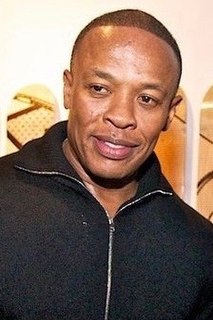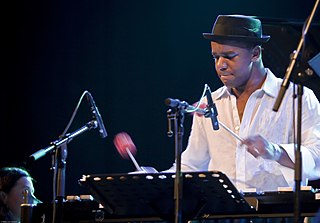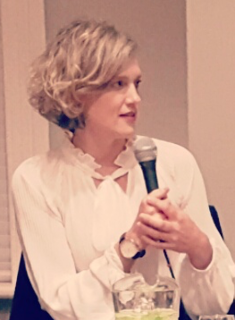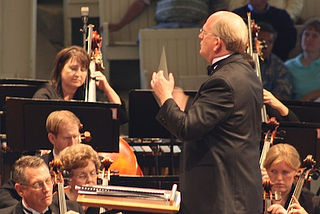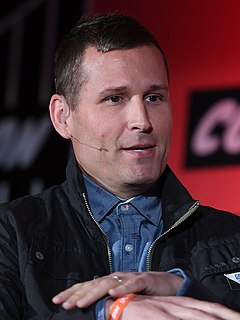A Quote by Dr. Dre
I just want people to hear the music the way it's suppose to sound, the way we meant for them to hear it. You sit in the studio all this time and make the music, tweak it, try to get it perfect. They should be able to hear it that way.
Related Quotes
The way I look at music, what I'm interested in is not necessarily creativity - in many ways I think creativity is overrated, actually. What I think is important is authenticity. I want to hear music that has the resonance of the people. I want to hear music that is an amplification of them. Because then, I can experience the people. But because the music has become so institutionalized, everyone is learning and regurgitating the same material in the same way.
I'm very interested in vertical space.I want the players to listen to their sound in such a way that they hear the complete sound they make before they make another one. So that means that they hear the tail of the sound. Because of the reverberation, there's always more to the sound than just the sound.
The songs themselves sometimes have messages and people can read into them different ways, but I try to use concerts as a way to gather people and then have information there. I think that's important to find that balance, a way to be able to turn people on to things at the shows, but also just have it be an entertainment experience for people who just want to hear music and dance and don't want the extra stuff.
What I've learned from my gurus is that when you hear music, you hear a person, or you hear people, and you hear everything about them in those moments. They reveal themselves in ways that cannot be revealed any other way, and it contains historical truths because of that. To me, that is the most important thing. It shouldn't be a footnote, or the last chapter. It should be the complete thesis about a book on listening.
Sometimes when you are standing still and it’s snowing, you think that you hear music. You can’t tell where it’s coming from either. I wondered if we all really did have a soundtrack, but we just get so used to it that we can’t hear it anymore, the same way that we block out the sound of our own heartbeat.
I like playing at public schools. I like when there's more of a diverse audience. I'll play wherever people want to hear my music, and I'll be glad and grateful for the opportunity, but I'd rather not play for a bunch of white privileged kids. I'm not meaning that in a disrespectful way; you go where people want to hear your music. So if that's where people want to hear me play, I'm glad to play for them. But I'd rather play for an audience where half of them were not into it than one where all of them were pretending to be into it, for fear of being uncultured.
I knew it straight away when Twitter first came around, and also Facebook, where it was so easy to post, that this was another way to speak directly with people listening to my music. If they found my music and they like it, most likely they want to hear more from me and hear what I'm about. I've put an enormous amount of time into that and it's played out well for me.
